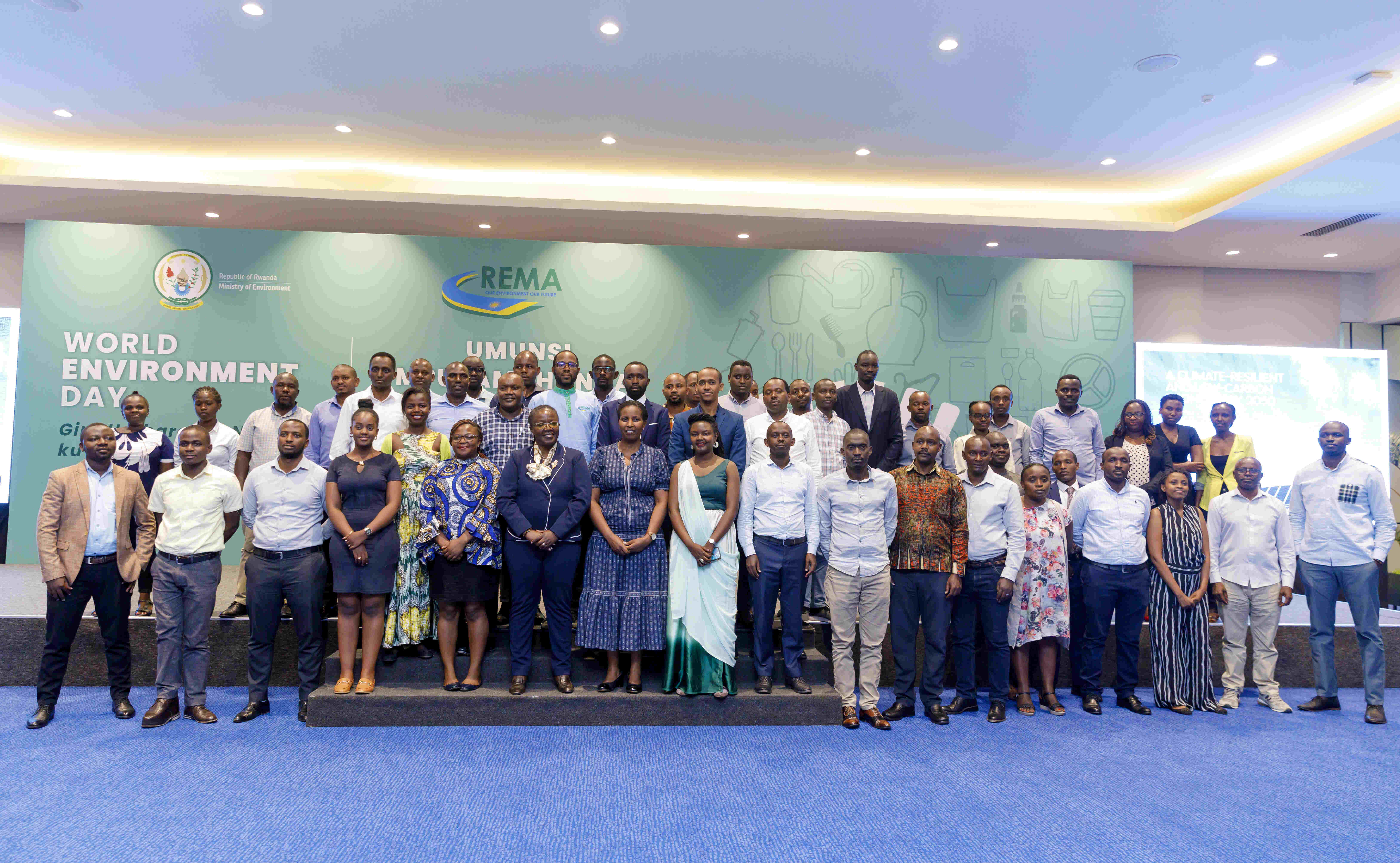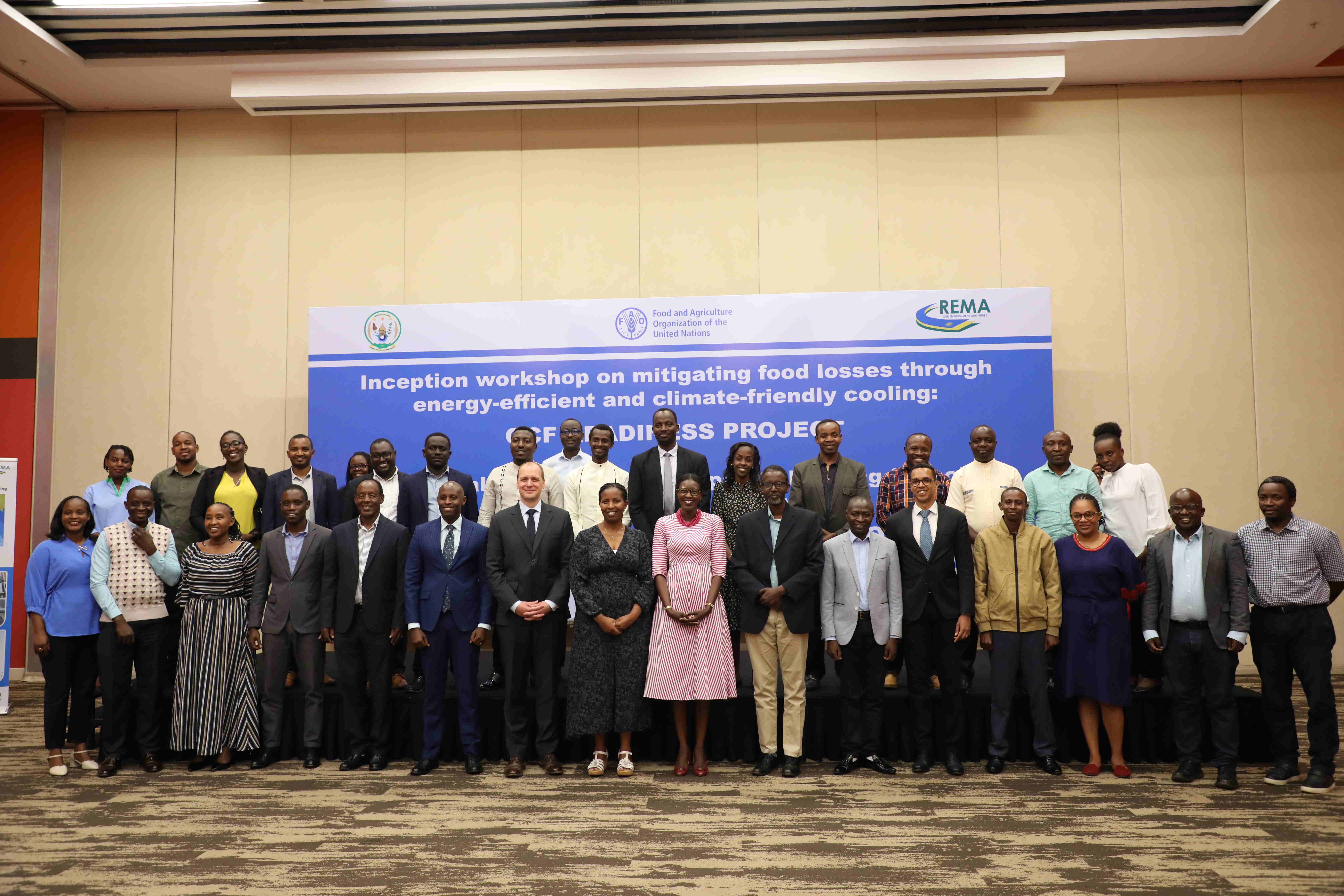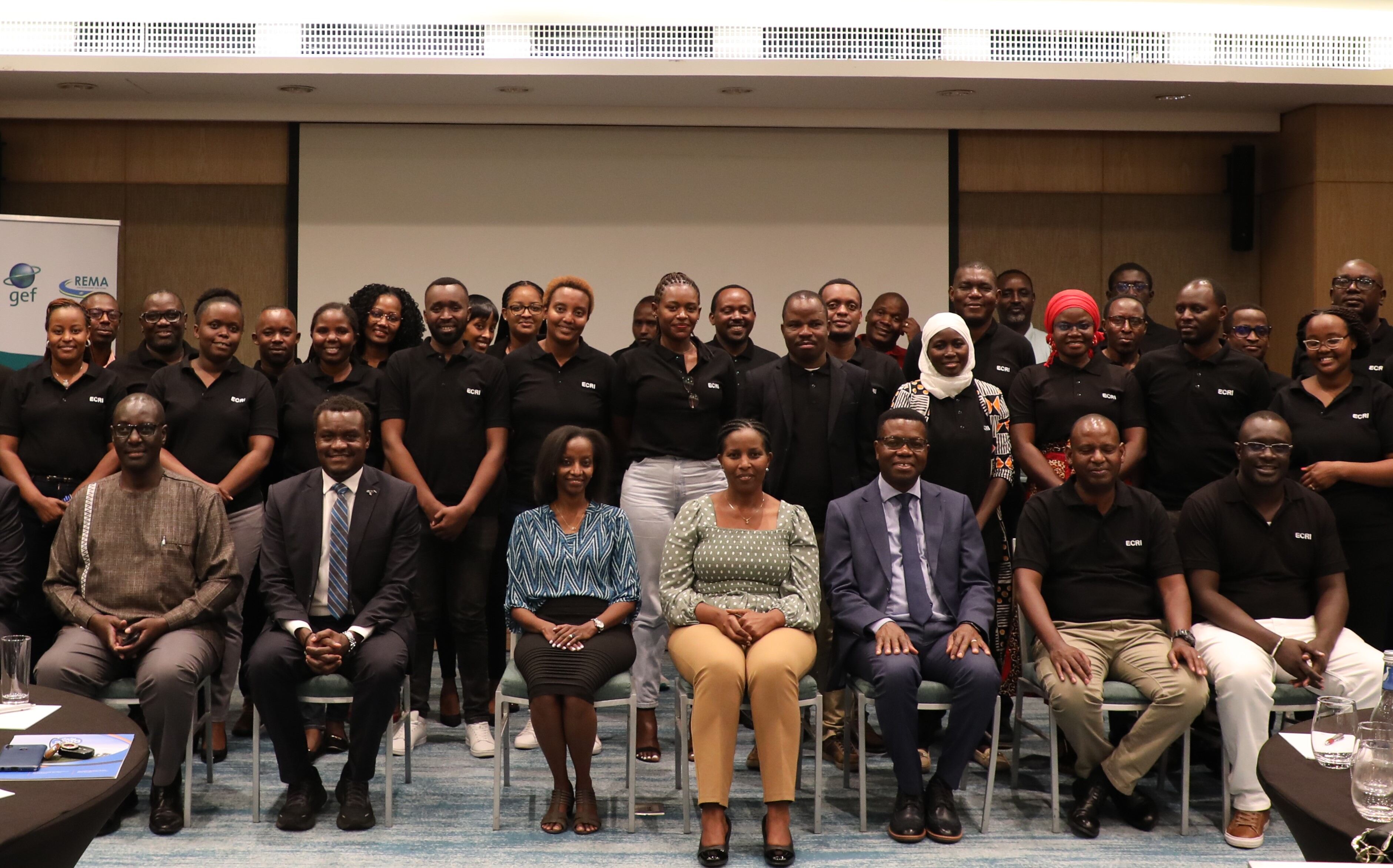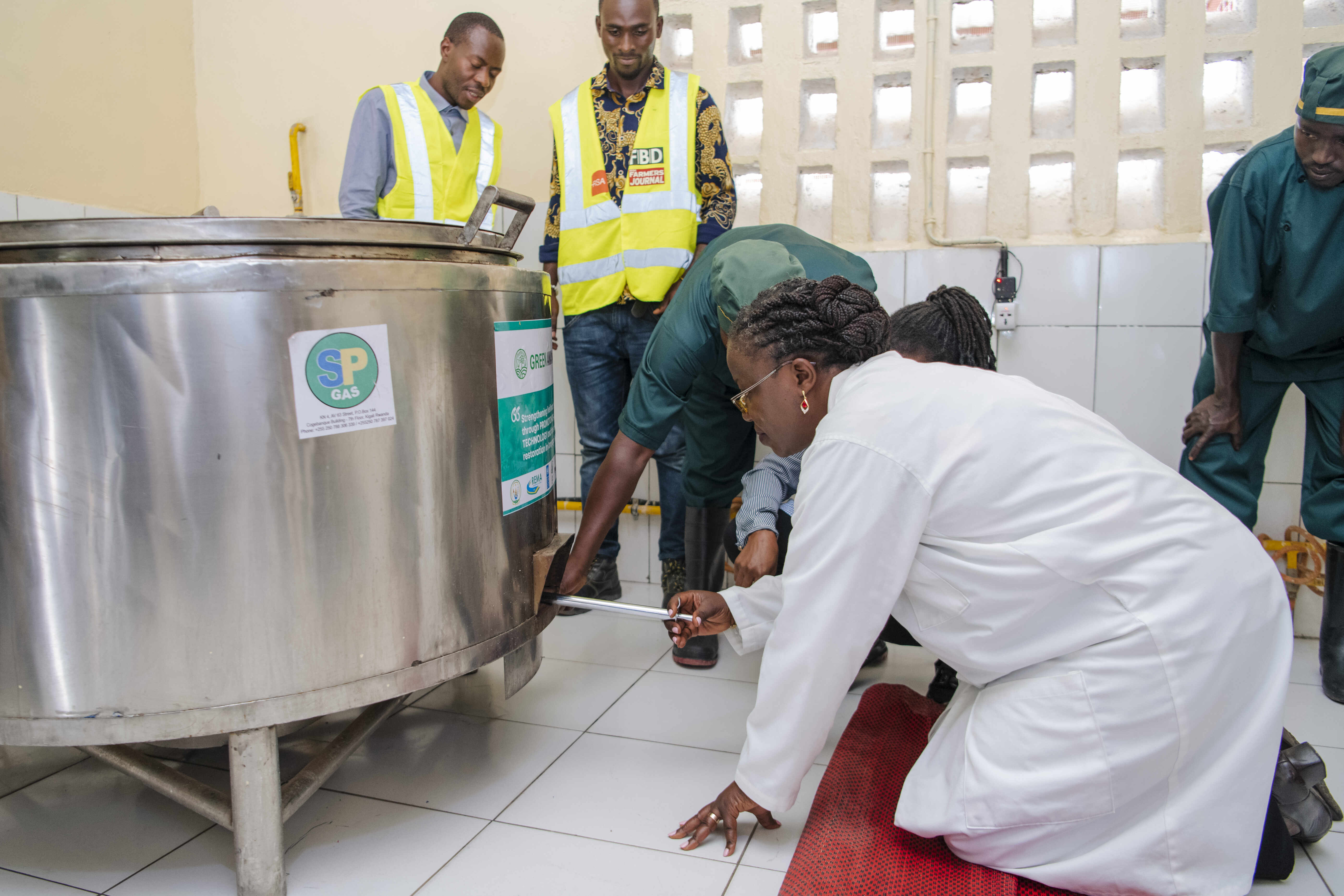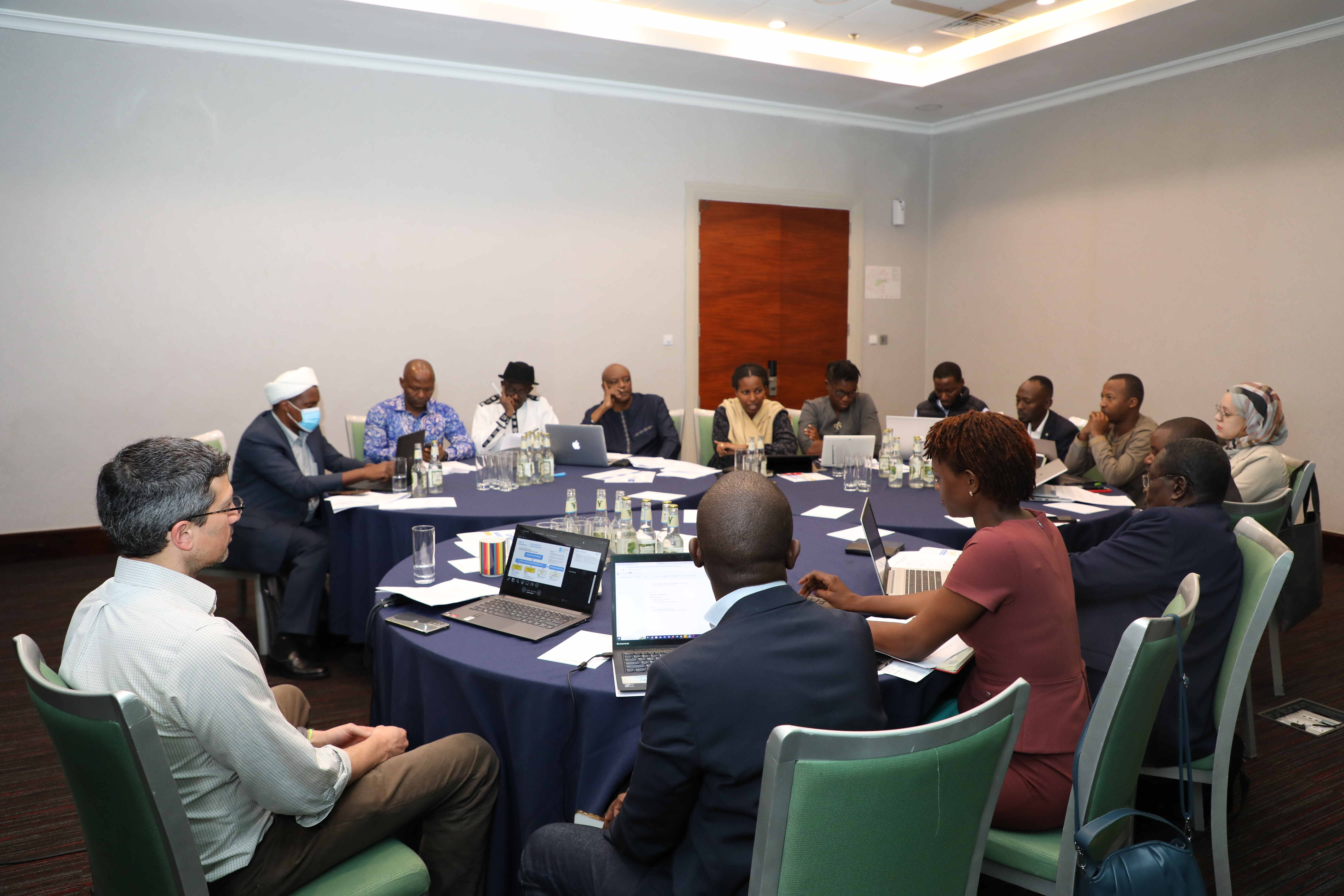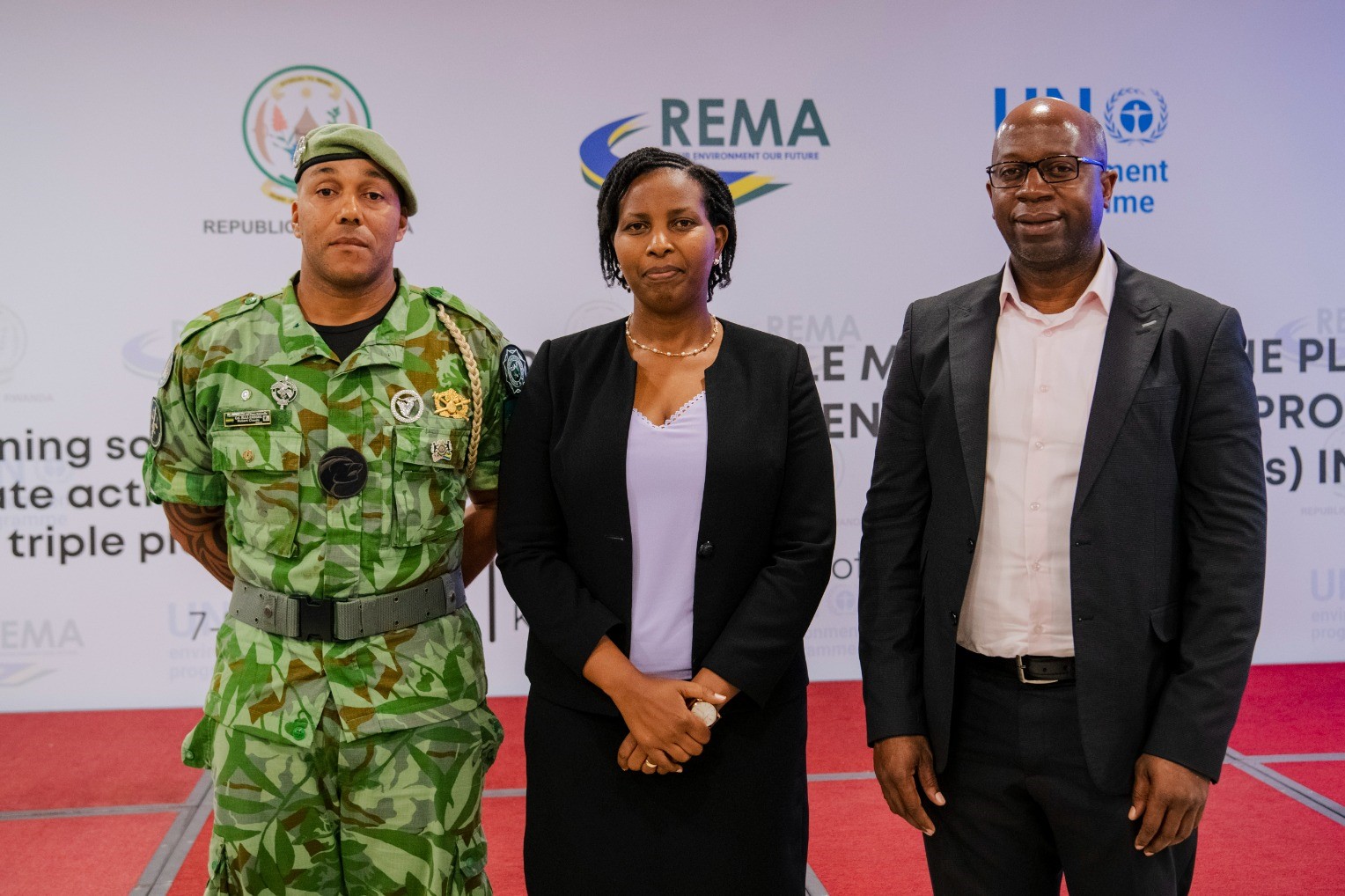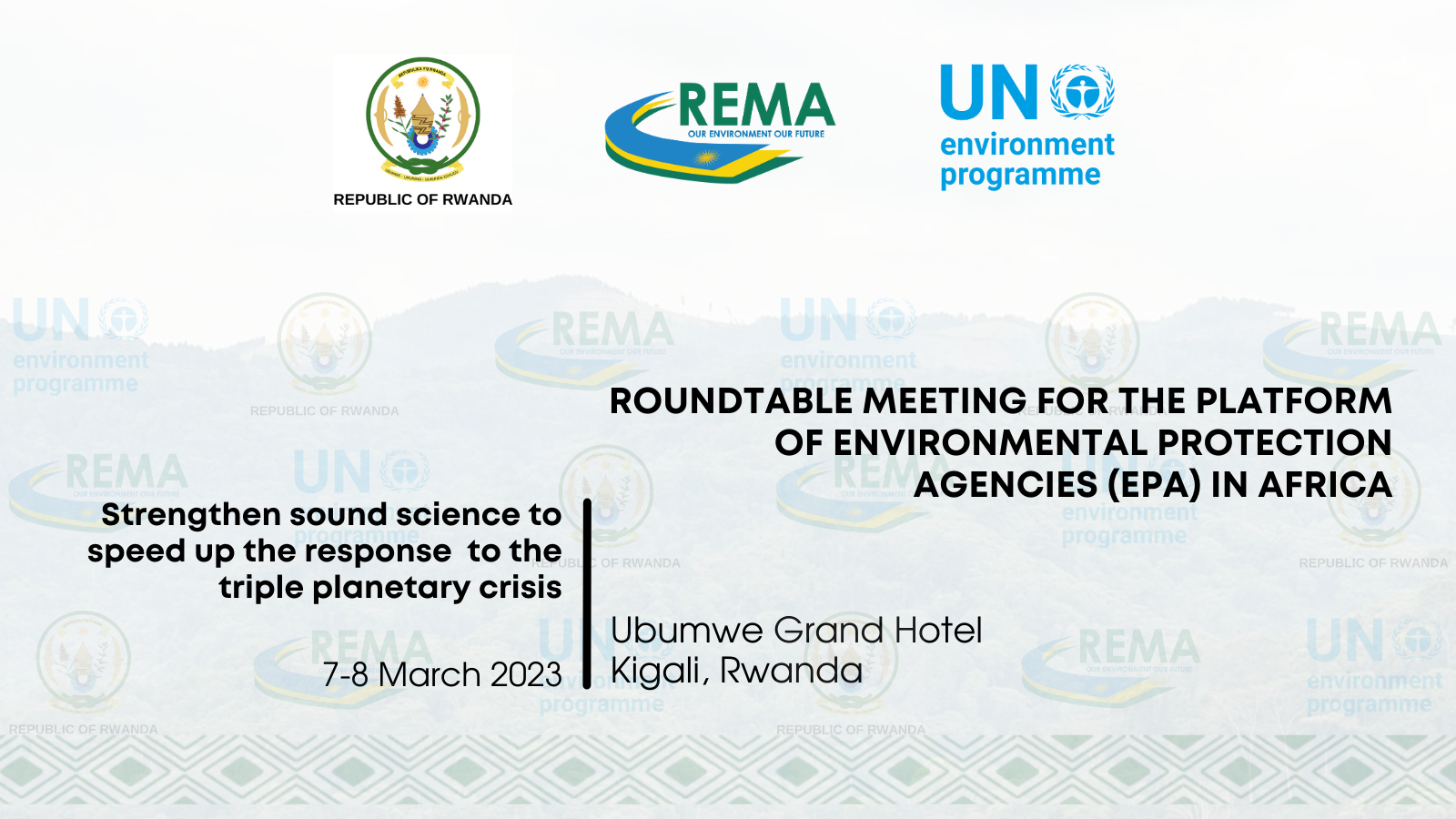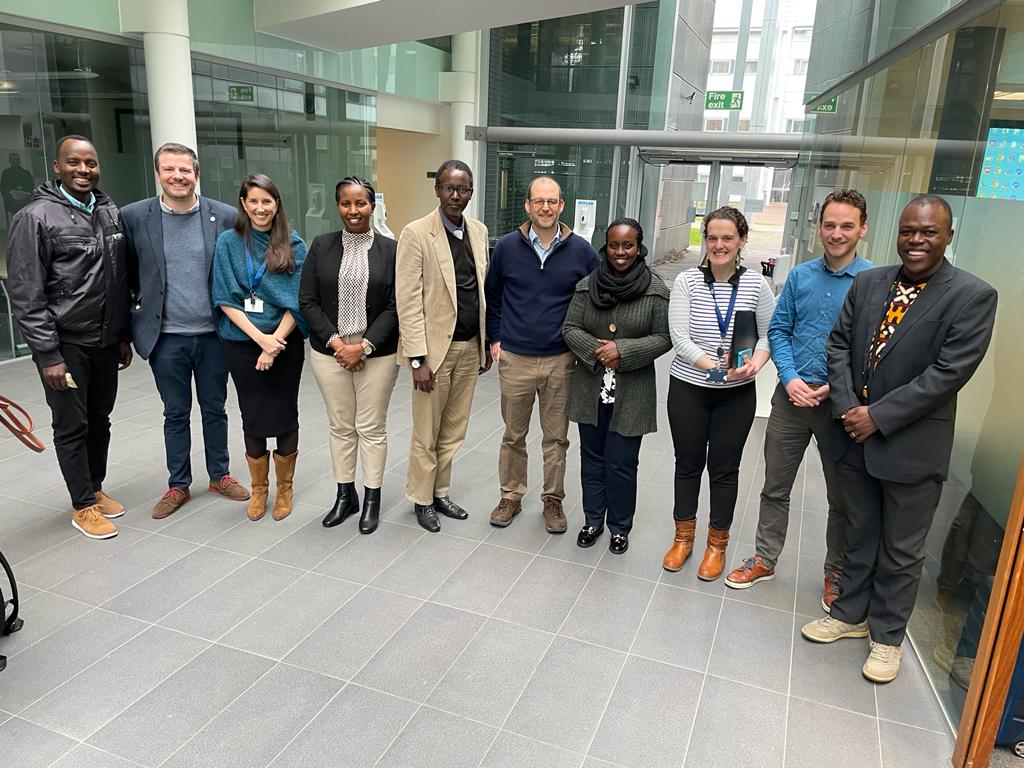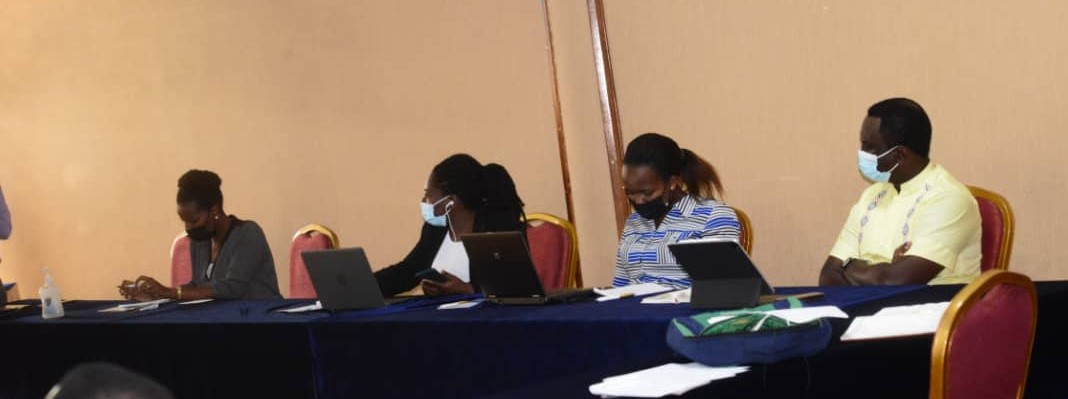
Rwanda launches project to protect human health and the environment from the adverse effects of mercury pollution
The Rwanda Environment Management Authority (REMA), has launched the Minamata Initial Assessment (MIA) and National Action Plan (NAP) Projects.
Both projects were launched on June8, 2021 in line with the Minamata Convention on mercury, designed to protect human health and the environment from anthropogenic emissions and release of mercury and mercury compounds, that Rwanda acceded in June 2017.
Mercury is a naturally occurring element that is found in air, water and soil. Exposure to mercury – even small amounts – may cause serious health problems and is a threat to the development of the child before and after birth.
According to the World Health Organization (WHO), the inhaling mercury vapour can have harmful effects on the nervous, digestive and immune systems, lungs, kidneys and skin, and may be fatal. The inorganic salts of mercury are corrosive to the skin, eyes and gastrointestinal tract, and may induce kidney toxicity if ingested.
After becoming a part to Minamata Convention, Rwanda conducted a preliminary national survey to map out different institutions and priority areas suspected to have mercury, and mercury pollution, and these include Artisanal and Small-Scale Gold Mining (ASGM), health sector (thermometers, tensiometers, dental amalgams), industry sector (butchery, paints) among others.
“The MIA is one of the solutions that will help us to evaluate ourselves throughout national mercury inventory used in Artisanal and Small-Scale Gold mining as well as in health sector. However, NAP will help us to have health status of the people working with these sectors and put in place the alternative technology aiming at phasing out the use of mercury” says Juliet Kabera, Director General, Rwanda Environment Management Authority (REMA).
The Minamata Initial Assessment project will raise awareness of health risks associated with mercury among the general public and government officials.
The artisanal and small-scale gold mining sector, along with health, ICT, Transport, water and informal sectors were identified as priority sectors related to the use of mercury.
The development of National Action Plans for artisanal and small-scale gold mining is a requirement under the Minamata Convention. Therefore, this project will support Rwanda to improve national capacity for managing mercury, and reduce the exposure of the people to mercury and the associated negative health consequences.
The two initiatives are being supported by the United Nations Industrial Development Organization (UNIDO) and the United Nations Institute for Training and Research (UNITAR).
The Minamata Convention has a phased approach to reduce, and where possible, eliminate mercury use in key industrial sectors. It is also designed to systematically reduce emissions and releases to land and water and phase out the use of mercury where alternatives exist.
The Minamata Convention was adopted and opened for signature at the Conference of Plenipotentiaries held from 9 to 11 October 2013 in Minamata and Kumamoto, Japan and entered into force on 16 August 2017. Up to June 2018, 128 countries had signed the treaty and 94 had ratified it. As for now, 131 country have ratified the treaty and Rwanda became a Party on 29 June 2017.
To support the state parties to achieve the objective of the Convention, the Global Environment Facility (GEF) avails financial support to keep the momentum of making mercury history.
Topics
More posts
RWANDA MARKS WORLD ENVIRONMENT DAY AFTER WEEKLONG CAMPAIGN PROMOTING SOLUTIONS TO PLASTIC POLLUTION
Rwanda has on June 5, 2023 joined the rest of the World to mark the World Environment Day (WED 2023), which is marked with the theme Beat Plastic…
Rwanda and partners launch two projects to advance energy efficiency and sustainable cooling
The Government of Rwanda, through the Rwanda Environment Management Authority (REMA), the Food and Agriculture Organization (FAO) and the Green…
REMA launches the Evidence-based Climate Reporting Initiative to advance climate research and reporting
The Rwanda Environment Management Authority (REMA) in collaboration with the African Institute of Mathematical Sciences (AIMS) have on May 19, 2023…
National Ozone Officers meet in Kigali to discuss the implementation of Montreal Protocol and its Kigali Amendment
The Rwanda Environment Management Authority (REMA) in collaboration with the United Nations Environment Programme (UNEP)’s OzonAction has organized a…
Minister Mujawamariya officiates the use of LPG donated to 20 schools by REMA through Green Amayaga Project
The Minister of Environment, Dr. Jeanne d’Arc Mujawamariya has on 3rd May 2023 launched the use of Liquefied Petroleum Gas (LPG) for bulk cooking in…
Delegates from across Africa meet in Kigali to Develop Priorities and Strategies for International Legally Binding Instrument to End Plastic Pollution
The Rwanda Environment Management Authority (REMA), in collaboration with the Environmental Investigation Agency (EIA) and the Center for…
Rwanda elected to chair Platform of Environmental Protection Agencies in Africa
The first-ever roundtable meeting of Heads of Environmental Protection Agencies and Directors of Environment in Africa (EPAs) has elected Rwanda to…
Rwanda to host African Heads of Environmental Protection Agencies to discuss common environmental challenges
Rwanda will from 7–8 March 2023 host the first meeting of the Heads of Environment Protection Agencies and Directors of Environment in Africa (EPAs).
…Delegates from Rwanda conduct a strategic tour in UK to pave the way for the operationalization of ACES
Rwandan Delegates and the Africa Centre of Africa Centre of Excellence for Sustainable Cooling and Cold-Chain (ACES) Project team are participating in…
